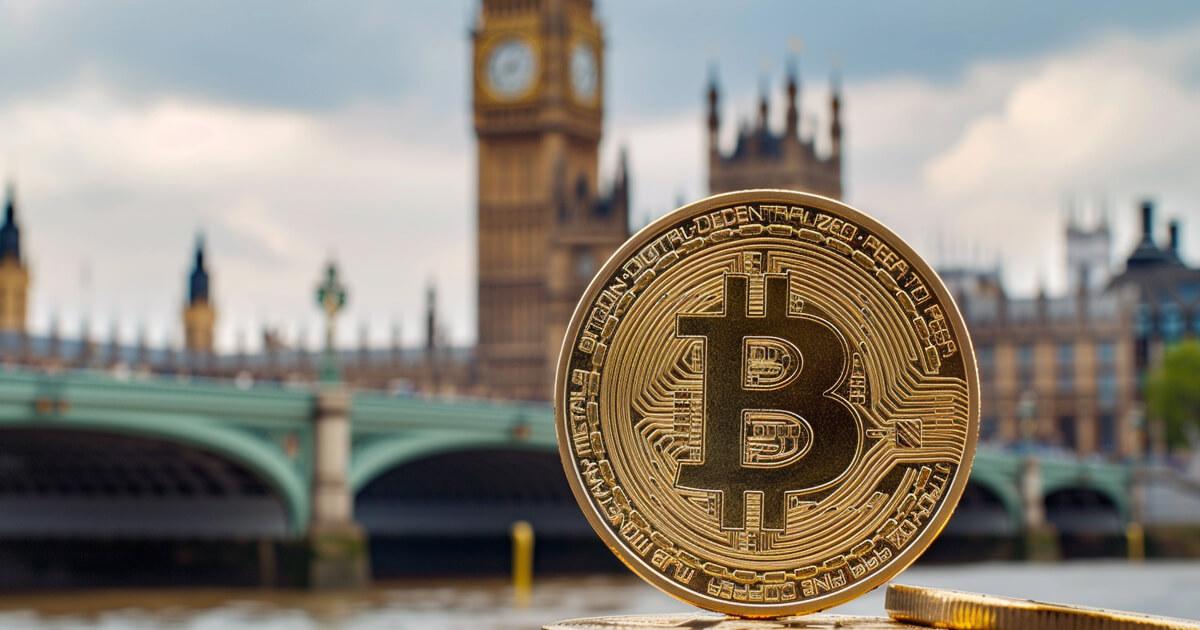
The UK Parliament’s Law Commission introduced the Property (Digital Assets, etc.) Bill on September 11 to legally recognize digital assets.
The proposed legislation considers crypto, non-fungible tokens (NFTs) and carbon credits as personal property under UK law. This is the first time in British history that assets will be definitively included within the scope of English and Welsh property law.
Minister of Justice Heidi Alexander stated:
“Our leading legal services are a vital part of our economy, helping to drive growth and keep Britain at the heart of the international legal sector.”
English personal property law covers all non-land property interests, dividing these into things in possession, such as a car, and things in action, such as debts.
Clarity and protection
Alexander said it is essential for the law to keep pace with evolving technologies, and the new bill aims to provide much-needed clarity on complex property matters.
The bill is intended to protect owners and businesses against fraud and scams and to assist judges in complex cases involving disputed digital assets or settlements.
The improved protection is expected to potentially attract new crypto firms to Britain, resulting in a £34 billion growth in local legal services.
Notably, the statement also highlighted that English law applies to an estimated £250 billion of global mergers and acquisitions, and to 40% of global corporate arbitrations, making it vital to keep the law up to date to strengthen the UK’s position to keep.
No hard boundaries
The summary of the Law Commission report recognized that under the personal property law, digital assets are neither things in possession nor things in action.
The report highlighted that the Law Commission of the UK has introduced a new legal category for crypto assets and other digital objects. This new category is described as “things that may be subject to personal property rights,” meaning that these assets can be legally owned or transferred, similar to physical property.
The report also noted that the Law Commission deliberately avoided defining strict boundaries for this new category. By not imposing rigid restrictions, the law can remain flexible and adaptable and cover a wider range of digital assets as technology evolves.
The document states:
“These do not necessarily always have to be digital matters, but can also include things such as milk quotas or certain CO2 emission allowances. We call digital things that fall within the third
category “digital objects”.”
The Law Commission also recommended the establishment of a multidisciplinary project to formulate and implement a legal framework that facilitates interaction, operation and enforcement regarding crypto arrangements.

